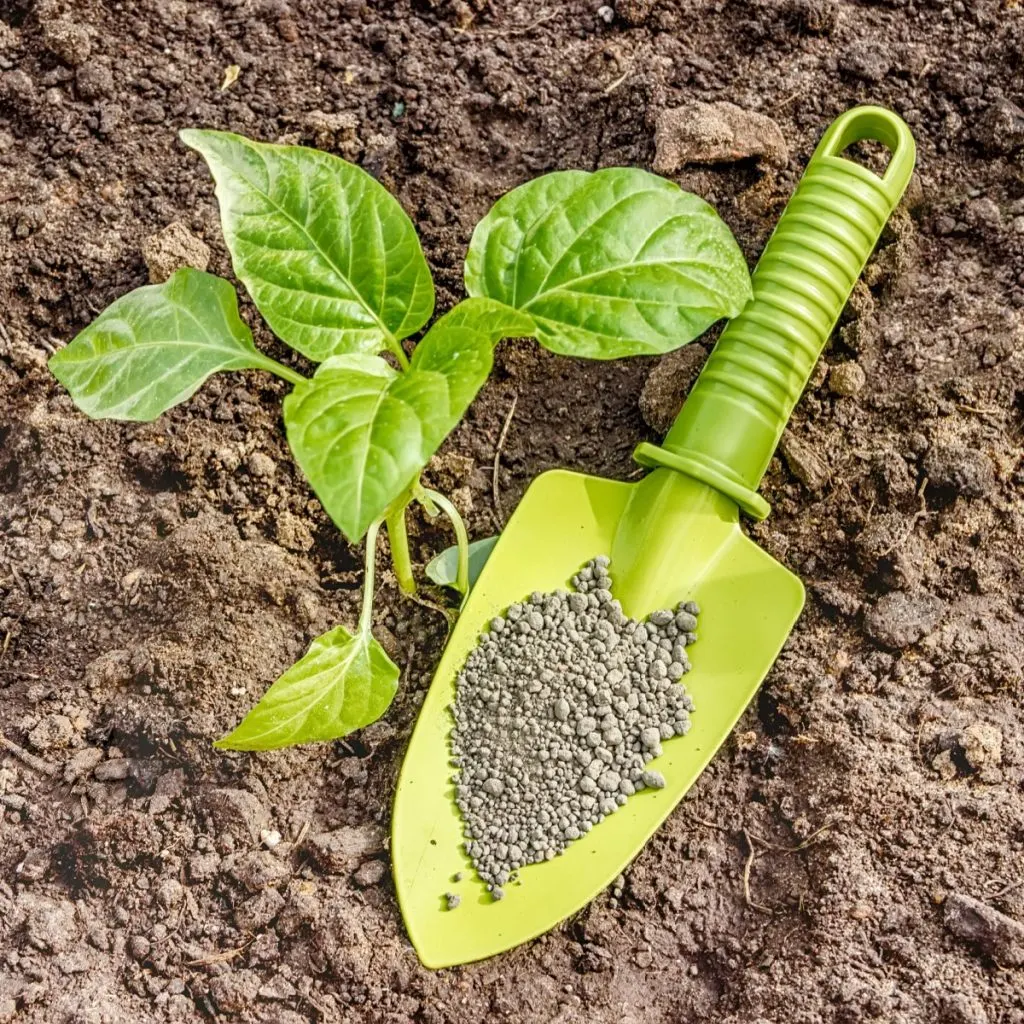Discover the Best Fertilizers for Peppers and Enhance Your Garden's Yield
Discover the Best Fertilizers for Peppers and Enhance Your Garden's Yield
Blog Article
How Fertilizers Play a Critical Function in Growing Abundant and healthy and balanced Pepper Crops
Fertilizers offer as the foundation of effective pepper growing, using a critical approach to nourishing the soil and cultivating optimum plant growth. The detailed dancing in between vital nutrients and the pepper plants' physical processes highlights the pivotal function that fertilizers play in ensuring a plentiful harvest.
Significance of Nutrient-Rich Fertilizers
The usage of nutrient-rich fertilizers plays a critical function in enhancing the performance and top quality of pepper plants in contemporary agricultural practices. Pepper plants need a well balanced mix of crucial nutrients to thrive and create high yields of top quality fruits. Phosphorus, potassium, and nitrogen are primary nutrients that are crucial for the development and development of pepper plants. Nitrogen help in leafy green growth and general plant vitality, phosphorus sustains root growth and flower manufacturing, while potassium adds to disease resistance and fruit top quality.
Poor levels of these nutrients can cause stunted growth, decreased yields, and vulnerability to diseases (best fertilizers for peppers). Nutrient-rich fertilizers offer a targeted option to ensure that pepper plants receive the necessary elements for ideal development and performance. In addition, these plant foods aid boost dirt fertility gradually, developing a sustainable atmosphere for lasting pepper growing
Enhancing Plant Development and Development
To enhance plant development and growth in pepper crops, critical application of nutrient-rich fertilizers is crucial. Plant foods play a critical role in boosting the general health and performance of pepper plants by offering them with important nutrients that may be doing not have in the dirt. Potassium, nitrogen, and phosphorus are main macronutrients called for in huge quantities by peppers for durable development. Nitrogen help in leafed green development and general plant vitality, phosphorus sustains origin development and blossom development, while potassium adds to illness resistance and fruit high quality.
Iron, for circumstances, is necessary for chlorophyll manufacturing, which is crucial for photosynthesis and general plant growth. Zinc plays a vital duty in enzyme activity and hormone synthesis, affecting plant development and growth at a cellular degree.

Boosting Condition Resistance With Plant Foods
By strategically including targeted plant foods, farmers can bolster the illness resistance of pepper plants, ensuring optimum plant wellness and efficiency. Fertilizers containing important nutrients like potassium, nitrogen, and phosphorus play a critical role in enhancing pepper plants' immune systems, making them extra durable to numerous illness.

Maximizing Pepper Yield Via Fertilizing
Utilizing a balanced fertilizing strategy is crucial to accomplishing maximum pepper return and making certain optimal plant efficiency. By supplying peppers with the ideal nutrients at the best time, farmers can substantially improve their return potential. Nitrogen, potassium, and phosphorus are vital elements for pepper development, with nitrogen assisting in fallen leave and stem development, phosphorus supporting origin development and flower formation, and potassium promoting general plant health.
To make best use of pepper yield, it is crucial to conduct soil examinations to establish existing nutrition levels and recognize any type of shortages that need to be dealt with. Based upon these results, farmers can create a customized fertilizing strategy that satisfies the specific needs of their pepper crops. Additionally, correct fertilization methods such as split applications throughout the growing period can ensure constant nutrition availability for the plants.

Sustainable Fertilizer Practices for Peppers
In thinking about sustainable fertilizer techniques for peppers, it is imperative to focus on long-term dirt health and wellness and ecological stewardship combined with optimizing great post to read crop efficiency. Sustainable plant food techniques intend to maintain or improve dirt fertility while lessening unfavorable environmental influences. One essential method is the use of organic plant foods such as garden compost, manure, or cover crops, which not just provide necessary nutrients to the peppers but additionally contribute to dirt framework and microbial activity. These natural alternatives help develop natural matter in the dirt, enhancing its capability to keep water and nutrients, thus sustaining long-term crop health and wellness and durability.
Additionally, accuracy farming strategies, such as soil testing and targeted nutrient applications, can assist optimize plant food use, ensuring that peppers receive the nutrients they require without excess runoff right into waterways. This not just benefits the setting by minimizing pollution however likewise saves costs for farmers by lessening waste. By adopting lasting plant food techniques, pepper growers can safeguard the health of their crops, dirt, and surrounding ecosystems for future generations.
Final Thought
In verdict, plant foods are important for growing healthy and abundant pepper plants. best fertilizers for peppers. They offer required nutrients for plant growth and growth, check my reference increase condition resistance, and maximize yield. By implementing sustainable plant food methods, farmers can make certain the long-lasting health and wellness of their pepper plants and add to a much more effective and environmentally-friendly agricultural system
The elaborate dance in between important nutrients and the pepper plants' physical processes underscores the crucial function that fertilizers play in making certain an abundant harvest.To maximize plant growth and development in pepper plants, tactical application of nutrient-rich plant foods is important. Plant foods play a vital duty in boosting the general health and wellness and productivity of pepper plants by providing them with crucial nutrients that may be doing not have in the soil.By strategically including targeted fertilizers, farmers can boost the disease resistance of pepper plants, ensuring optimum plant health and wellness and productivity. Plant foods consisting of important nutrients like phosphorus, potassium, and nitrogen play a critical duty in strengthening pepper plants' immune systems, making them much more durable to numerous illness.
Report this page